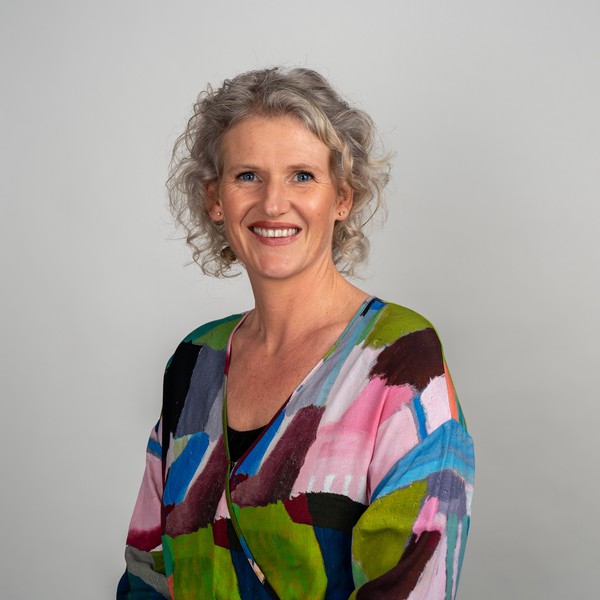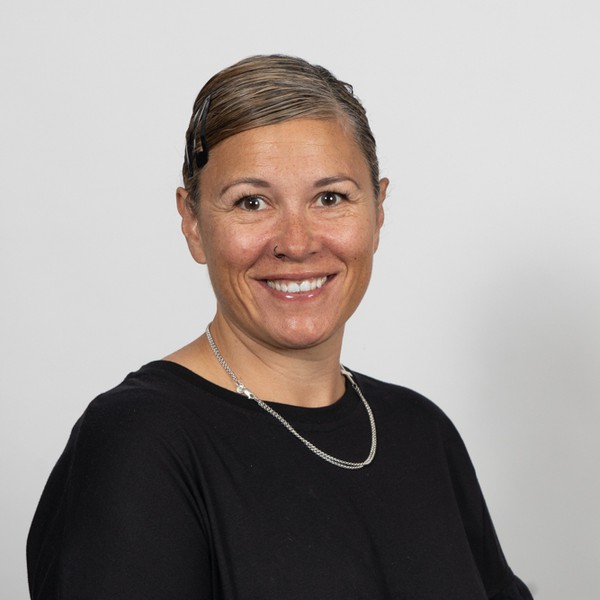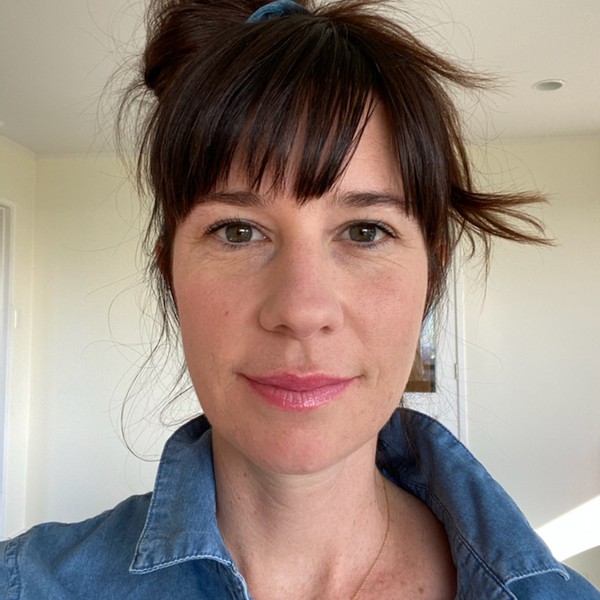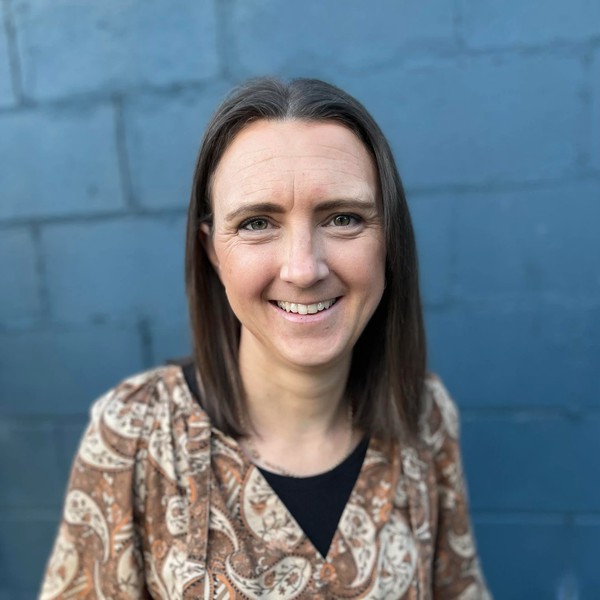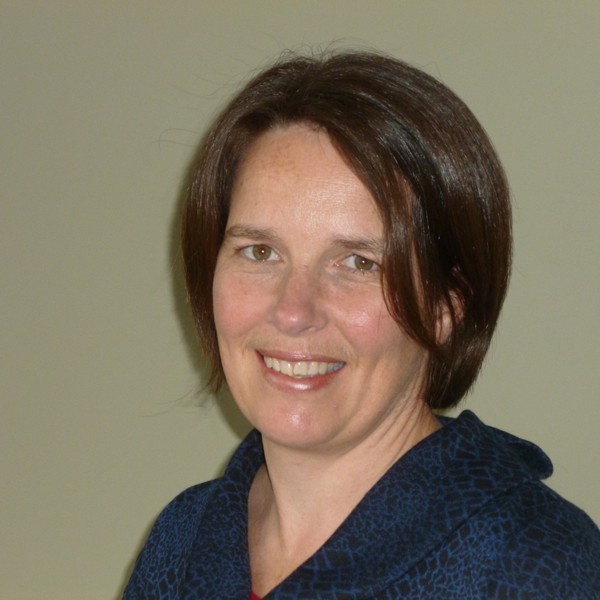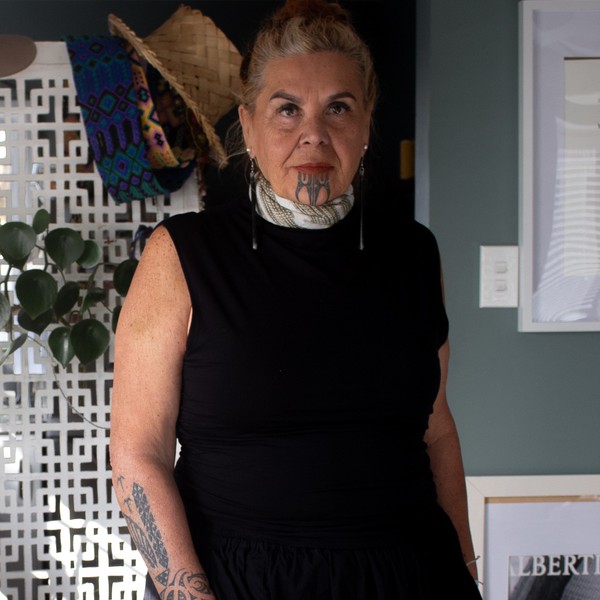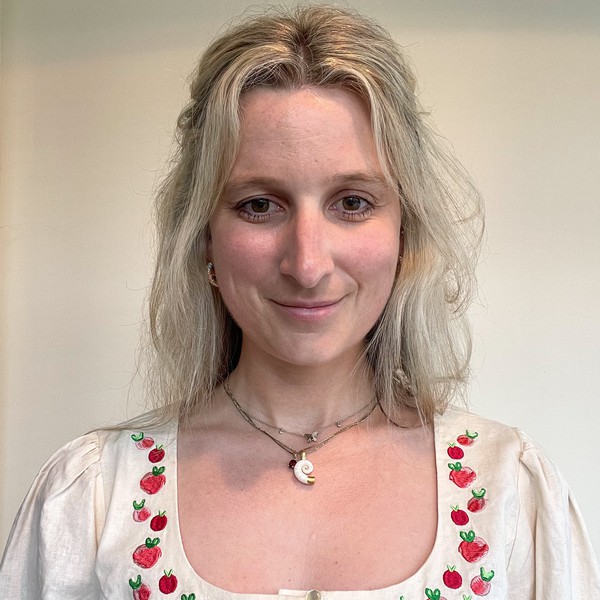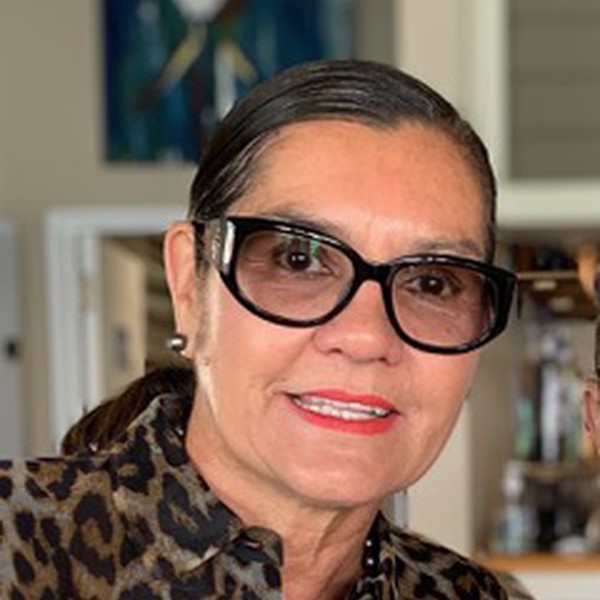Trauma and PTSD

Trauma overwhelms a person’s usual physical, mental or emotional capacity; rather than focusing upon positive aspects of our day, trauma triggers our brain into the Flight, Fight or Freeze pathway and the natural survival responses are triggered. It becomes harder to connect with loved ones, feel happiness or joy, the logical or executive functioning of our brain disconnects and we are driven my our emotions and survival instincts. Over time this may have wide-ranging effects on people’s lives and relationships. It is a common contributor to many psychological and emotional issues including insomnia, anxiety, depression, anger, relationship difficulties & Post-Traumatic Stress Disorder (PTSD).
Post-Traumatic Stress Disorder can be conceptualised into two categories; Simple PTSD and Complex PTSD. Simple PTSD is a collection of symptoms that often develops following a one off incident, such as a road traffic accident, a natural disaster or a sexual assault. PTSD can have a huge impact on an individual’s life and relationships. The symptoms of PTSD can feel very strange and can often make individuals feel as if they have gone ‘crazy’; but in fact, these are very normal reactions to abnormal events.
Complex PTSD or Complex Trauma (also known as ‘Developmental Trauma’ in Children) often develops after the individual has suffered repeated, interpersonal trauma such as sexual, emotional and physical abuse; neglect during childhood; repeated loss and abandonment; and domestic abuse. Complex PTSD has a profound and long-lasting impact on the individual’s well-being and development as a whole person.
Both children and adults with PTSD often struggle in the following ways:
-
Problems in regulating their emotions and behaviours – leading to extreme emotional highs and lows and self-destructive behaviours to cope with daily life.
-
Difficulties processing sensory information and relaxing the body.
-
Difficulties in memory and understanding themselves – leaving the person with a poor or fragmented sense of identity, memory gaps and a confused life story.
-
Trusting others – making stable, caring, intimate relationships hard to tolerate.
-
Experiencing a long-lasting negative self-image and emotions which often includes feelings of guilt, shame, innate badness and being ‘flawed’ beyond repair.
-
A sense of being responsible or deserving the abuse that had taken place.
-
Body complaints which are often medically unexplained – the body stores trauma and can present in body memories when triggered.
If you experience any of these difficulties and are ready to seek support and treatment, make contact with Hayley and her team and find out more about how trauma therapy could be helpful.

